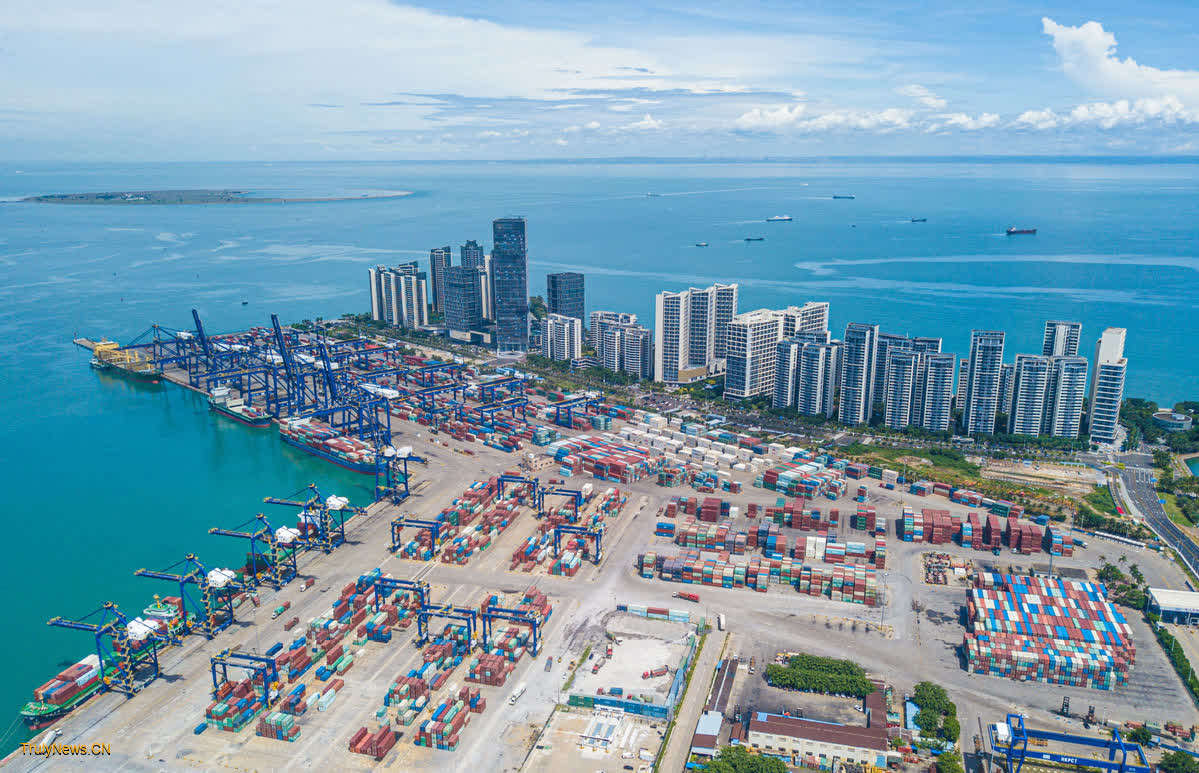
The State Council, China’s Cabinet, has recently urged relevant departments to promote the stable growth of foreign trade by expanding the scale of export credit insurance, ensuring that small and micro foreign trade enterprises can obtain policy loans, continuously improving the financial services for foreign trade enterprises in terms of credit, loan issuance and repayment, and optimizing cross-border trade settlement.
The financial sector’s support for foreign trade not only involves traditional credit business, but also covers cross-border investment and financing, payment settlement, renminbi global clearing, supply chain finance and exchange rate risk management. So financial institutions should focus on channel construction and offer comprehensive services, and help enterprises improve their exchange rate risk management.
To make cross-border payments safe, efficient and convenient, financial institutions should promote the internationalization of the renminbi, promote the expansion of the use of the currency in countries and regions involved in the Belt and Road Initiative projects, and expedite the construction of the RMB offshore market.
Meanwhile, they should give full play to their own technological advantages and RMB global clearing network to innovate infrastructure services, and improve the efficiency of global payments and settlements. In the process, they can use digital means to provide one-stop services in payment settlement and financial planning to help enterprises enhance their global resource allocation capabilities.
In the first half of this year, China’s cross-border e-commerce hit 1.25 trillion yuan ($182.53 billion), a year-on-year increase of 13 percent, accounting for 5.9 percent of China’s foreign trade. Financial institutions can therefore explore direct connections with cross-border e-commerce, optimize settlement services, provide differentiated financial services for overseas warehouse construction, leasing, operation and other scenarios, and increase financial support for key trade sectors.
An important means of exchange rate hedging is to use foreign exchange derivatives. China’s foreign exchange market has a mature international foreign exchange derivative system. More than 120 Chinese and foreign-funded banks can operate foreign exchange derivatives business in the country. It is thus necessary for enterprises to use these tools, establish the concept of exchange rate risk neutrality and refrain from exchange rate speculation to reduce the cost of foreign exchange hedging.
– Economic Daily